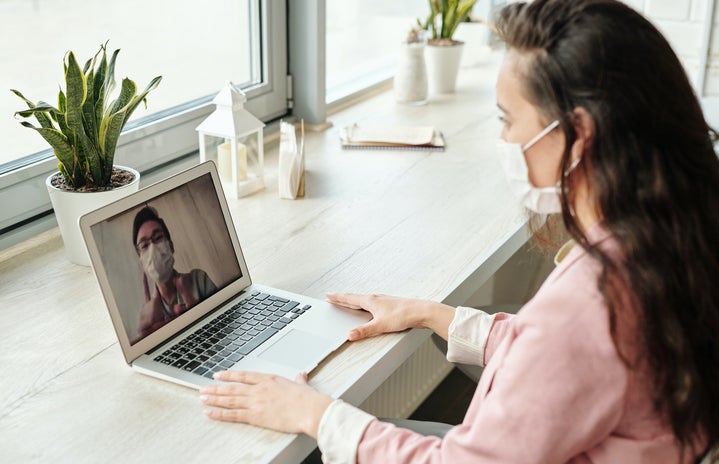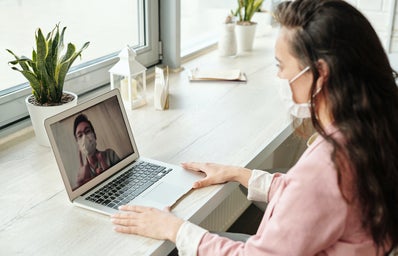Checking up on friends is something a good friend should do periodically. Doing this became even more important during the pandemic when many of us continue to be states or countries separated from each other. A lot has occurred since the pandemic started, such as the death of George Floyd resulting in global Black Lives Matter protests, the Presidential election of Joe Biden and the election of the first female and woman of color as Vice President.


Last month, 21-year-old Robert Aaron Long shot and killed six Asian women after driving to three different spas and massage parlors. A seventh person was shot but survived. Although it’s helpful to make social media posts sharing your support, it’s currently even more important to check in on your AAPI. Every time a new incident occurs, it has the potential to trigger someone all over again. It can be difficult to put ourselves in the shoes of our peers, but we can start by asking how they’re doing. It’s also important to make sure that our activism isn’t performative. We can’t just post on sour social media accounts without checking in on our AAPI friends. Even if you haven’t spoken to them in a while, they may appreciate the gesture. Sometimes all people need is someone to reach out.
These action steps don’t just apply to AAPI friends though. This applies to BIPOCs and anyone else who is seeing their community murdered on social media or the news. These instances take a toll on any human who sees the videos, but it’s even more heartbreaking and upsetting when it’s someone who looks like you. This could lead to someone being afraid for their own life.
However, it’s also important to remember that our job is just to check in. If our friends don’t want to share what they’re going through, it’s not up to us to force it out of them. We are here to be a shoulder to lean on or to cry on, but everything at the pace of what our friends are willing to do. Also, remember that reaching out should come from a genuine place of wanting help. Members of the AAPI community and BIPOCs are not here to help assuage our guilt. This can cause more harm than good. Be mindful that these are difficult times for a lot of people.


